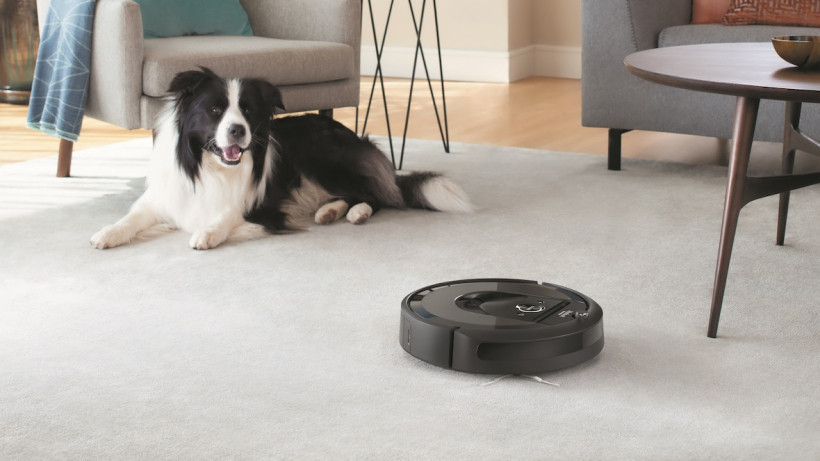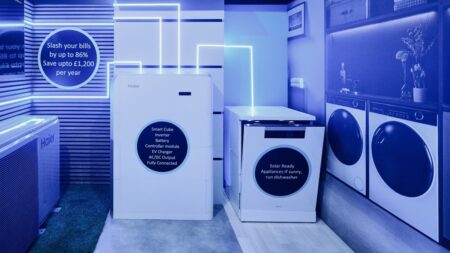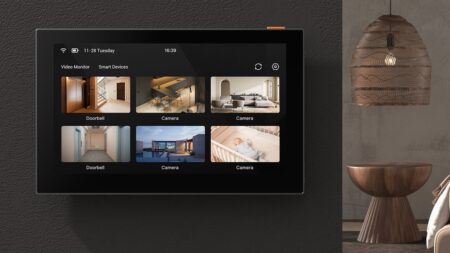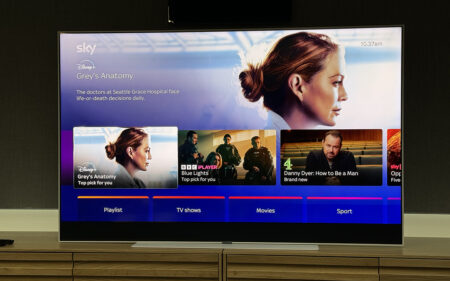How do people feel about their smart devices? Mostly good
Smart home tech promises to make our lives easier, saving time and – sometimes – money through automation. But not all smart home devices can change your life as dramatically as you might think.
According to a new survey from Legal and General, 70% of people found that robot vacuums were less useful than they originally envisioned – which is a lot of disappointed people. 15% of people say they’re as useful as they thought, while 15% thought they were more useful.
Tried and tested: Roborock S6 robo vacuum review
Robot vacuums are great, but they can be more high maintenance than you think. You have to make sure you clean up any loose wires and move toys first, otherwise the robo vacuum can choke on them, pulling whatever connected thing on the floor and stringing it along. Similarly, you’ve got to clean out all the dust from the bin, which is more work than emptying out a vacuum a lot of the time. This is improving, like the self-cleaning iRobot i7+, but that’s only on the high end of the market.
The rest of the survey was largely positive. 49% of people thought smart thermostats were more useful than they had imagined. That’s less surprising given thermostats can also save you money.
Next up on the docket, 36% of people found smart fridges more useful than they imagined, 35% of people found smart smoke alarms more useful than they imagined, 33% of smart security owners found them more useful, and 31% of people found smart lighting as useful as they imagined. Of all the categories, smart security was the one that aligned with expectations the most – 61% of owners thought they were as useful as imagined.
As for smart speakers, 28% of people say they were more useful, while 20% thought they were less useful.
Legan and General interviewed 500 British people in November 2018 for the survey. While that’s not the biggest sample size, it’s worth looking at. The smart home is a hot young technology category, with a rash of manufacturers rushing to make as many connected devices as possible. Some of them are obviously going to make the smart home look stupid, but a number have a kernel of a good idea that needs iteration to be great.
Smart speakers and robot vacuums are good examples of that, with companies continuing to make strides and add useful new features. Others, like smart kettles, are a little harder to improve upon. Then there’s the stuff like smart fridges, which are silly in theory but become more useful based on use case, like as a family hub, where people can post messages for each other.





